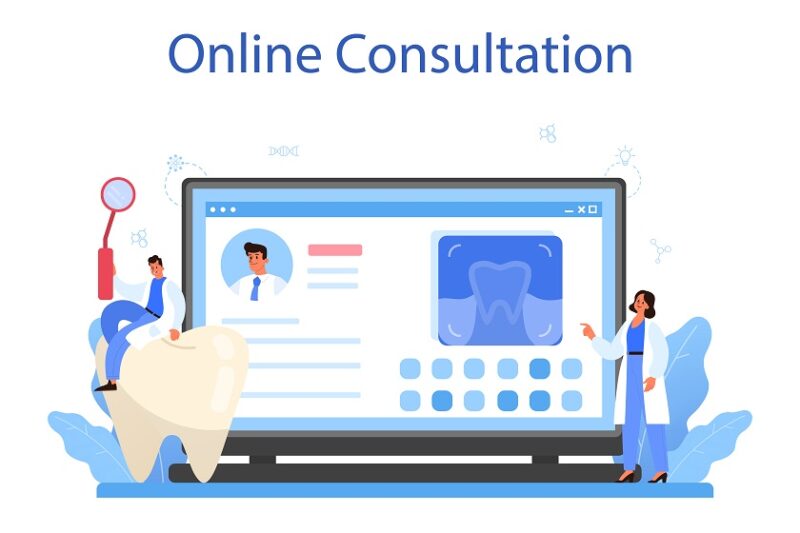Dental implants have revolutionized the dental industry, offering a long-lasting solution for patients missing one or more teeth. However, effective dental implant marketing is challenging for many dental practices. This article provides clear strategies to help dental professionals promote dental implants, increase their patient base, and enhance their practice’s profitability.
Understanding Dental Implants: A Brief Overview
Dental implants are titanium rods surgically inserted into the jawbone, serving as a substitute root for artificial teeth. These implants bond with the jawbone as time progresses, ensuring a sturdy base. This solution not only restores a patient’s smile but also preserves facial structure and prevents bone loss.
Benefits include:
- Durability and longevity
- Natural appearance
- Improved speech and eating ability
- Preservation of jawbone and facial structure
Key Marketing Strategies for Dental Implants
Educate the Target Audience
Produce Informative Content
Consider developing blog posts, articles, and videos explaining the benefits of dental implants. This content should be easily accessible on the practice’s website, providing potential patients with a reliable source of information.
Host Free Webinars or Workshops
Offering free educational sessions can position the practice as an industry leader and trusted expert. These sessions can answer common questions, dispel myths, and showcase success stories.
Utilize Patient Testimonials
Positive experiences from real patients can be compelling. Collect and showcase testimonials in written form, video interviews, or before-and-after photos. Remember to always obtain permission from patients before sharing their stories.
Optimize for Local Search
With many patients looking for local dental solutions, ensuring the practice appears in local search results is critical. Some strategies include:
Claim and Optimize the Google My Business Listing
Ensure the listing has up-to-date information, including hours, services, and contact details. Encourage satisfied patients to leave positive reviews.
Focus on Local SEO
Incorporate location-based keywords in the website content and meta descriptions. This can help the practice appear in local search results when potential patients seek dental implant services nearby.
Engage in Social Media Marketing
Showcase Success Stories
Visual platforms like Instagram and Facebook are ideal for showing off the transformative results of dental implants.
Engage with the Audience
Reply to comments, answer questions, and encourage discussions about dental health and implants. This interaction builds trust and a sense of community.
Share Behind-the-Scenes Content
Demystifying the process can alleviate potential fears. Consider sharing short clips of the team preparing for a procedure, sanitizing equipment, or even brief interviews with the staff.
Offer Promotions or Incentives
Limited-time offers or discounts can encourage potential patients to take the leap. Consider offering free consultations or discounted teeth cleaning services for those who opt for implants.
Collaborate with Other Medical Professionals
Building relationships with other medical professionals can lead to referrals. Consider engaging with general practitioners, orthodontists, or even geriatric specialists who might have patients in need of dental implants.
Focus on Continuous Learning
To successfully market dental implants, it’s essential to stay updated with the latest advancements and best practices in both dentistry and marketing:
Attend Industry Workshops and Conferences
This enhances clinical skills and offers insights into new marketing strategies and tools.
Keep Abreast of Digital Marketing Trends
Digital marketing is a constantly evolving field. Staying updated ensures the practice’s marketing approach remains fresh and effective.
Monitor and Adjust Marketing Strategies
It’s crucial to assess the effectiveness of marketing campaigns regularly. Tools like Google Analytics can offer insights into website traffic, while social media platforms offer analytics to gauge post engagement. Based on these findings, strategies can be tweaked for better results.
Conclusion
Successful dental implant marketing requires a combination of patient education, effective online presence, community engagement, and continuous learning. By employing these strategies, dental practices can position themselves as the go-to place for dental implants, attracting more patients and ensuring long-term success. Remember, at the heart of every strategy is the genuine intent to help patients regain their confidence and improve their quality of life. With this focus, success in marketing dental implants is within reach.










